Investment

An investment is an activity that consists of committing resources with the objective of obtaining a profit of any kind.
In economics, resources are often identified as the associated costs. The main resources are land, time, labour and capital. Thus, anything that makes use of any of these four resources for the purpose of making a profit is an investment.
When you make an investment, you assume an opportunity cost by forgoing those resources in the present to achieve the future benefit, which is uncertain. Therefore, when you make an investment you are taking on some risk. But in return you expect a return on that investment, earning more than you invested.
In order to have money to invest, it is necessary to have had an income and to have saved part of this income beforehand.
Many people think that investing is something that only the rich can do. But the rich are precisely those who can most afford not to invest, as they are most likely to remain rich all their lives even if they do not invest. Yet they are the ones who invest and reinvest the most, continually increasing their wealth even further.
Thanks to the internet and the reduction of commissions, today anyone can invest in the stock market and earn money simply by earning a return on the money saved, whatever the amount. And it is precisely those of us who are not wealthy who benefit greatly from investing, especially in the long term. If you want to invest, but do not know where to start, in the basic course of stock market investment in the Economipedia Campus you can learn in a practical and simple way.
Types of investment
The classification of investments can be done from different points of view. Thus, there is no single classification, nor is there a single best classification. There are several, all valid and useful depending on the context.
Depending on the time horizon:
- Short term: Less than 1 year.
- Medium term: 1 to 3 years.
- Long term: More than three years.
Depending on the element in which it is invested:
- Machinery: Tractors, robots, packaging machines…
- Raw materials: metals, food, fuel…
- Transport elements: Vans, trucks, cars…
- Buildings: Industrial warehouses, offices, commercial premises…
- Investment in shares of other companies
- Investment in research and development (R&D).
Depending on the area:
- Business.
- Staff.
- Financial.
Depending on the nature of the subject:
- Private.
- Public.
According to the adaptation to the addressee:
- Personalised or tailor-made.
- Generalist or standard.
We could cite many more classifications of investment, but the above are the essential ones. In other words, the most important ones.
How does an investment work?
To understand how an investment works, it is important to understand the economic meaning of investment. Whatever the type of investment, it is governed by four fundamental factors. Profitability, risk, liquidity and time horizon. That is, what we gain, what we could lose and time.
- Profitability: Profitability or return is what we get in return for making the investment. It is usually measured in terms of profit or return, although this need not necessarily be the case.
- Risk: Refers to uncertainty. In economics, nothing is 100% certain. Therefore, we must always work with assumable risks in case the investment does not turn out as expected.
- Liquidity: The ability to convert a given investment into cash with minimal losses relative to its value.
- Time: Time is the third key variable. We can expect a certain return, but depending on how long it takes to get it, will it pay off or not?
While it may seem obvious, attention to these four factors is not so common. Many investors tend to focus on the first factor. Focusing on how much I will make is not always a good idea. We must also pay close attention to the other two factors. And especially risk.
How do you know if one investment is better than another?
Knowing whether one investment is better than another is frankly difficult. Essentially, it will depend on the preferences of each investor. Some will consider a 50% return to be very good and others will settle for 10%.
Moreover, we must also take into account the risk aversion and patience or impatience of the investor (time horizon).
That said, and bearing in mind that it is not black and white, there are various methods to compare different investments in monetary terms. For example:
- Internal Rate of Return (IRR).
- Pay-Back.
- Net present value (NPV).
- Discounted cash flows.
- Risk-return ratios.
- Valuation ratios: ROCE, ROE, ROI, PER or EPS.
There are other methods of comparison, but these are the best known and most affordable. Using one or the other will depend, among other things, on the nature of the investments you are making.
Difference between savings and investment
On the one hand, we call savings money that we save in order to be able to draw on it in the future. We forego spending it in the present, putting it in a safe and risk-free place, but it usually earns interest. We are saving when we keep our money in cash, when we keep it in a bank account or when we keep it in a deposit, for example.
On the other hand, we call money that we forego spending in the present so that it will bring us extra money in the future as an investment. We associate investment with the purchase of a good or a financial asset, in the hope of making a profit. This extra gain that investing brings us compared to saving is because by investing we are risking our money, and for this we receive compensation. We can invest our money in any number of things, from something intangible such as education to financial assets such as stocks, bonds or mutual funds.


